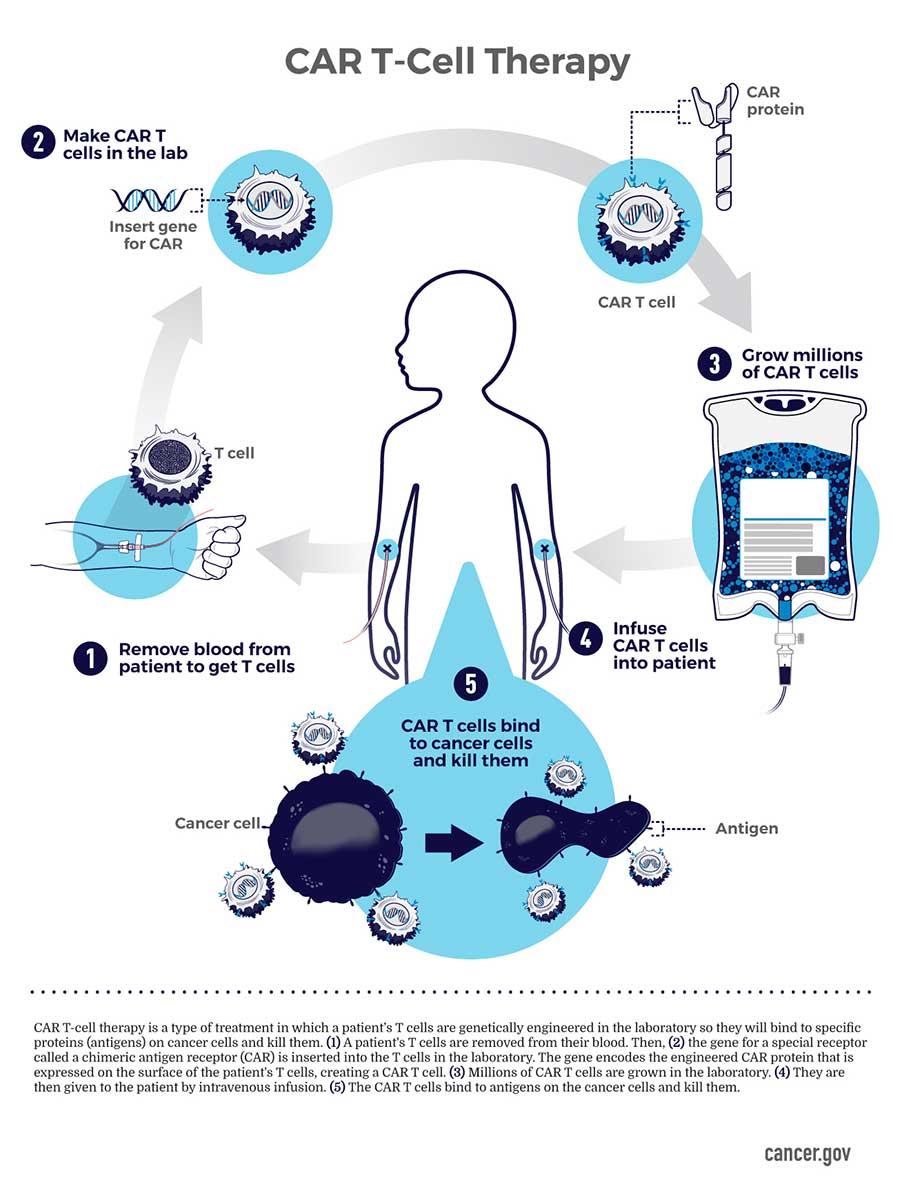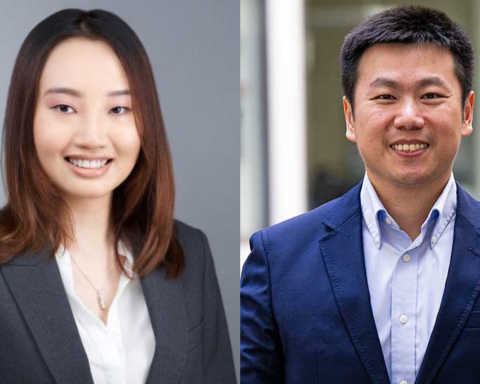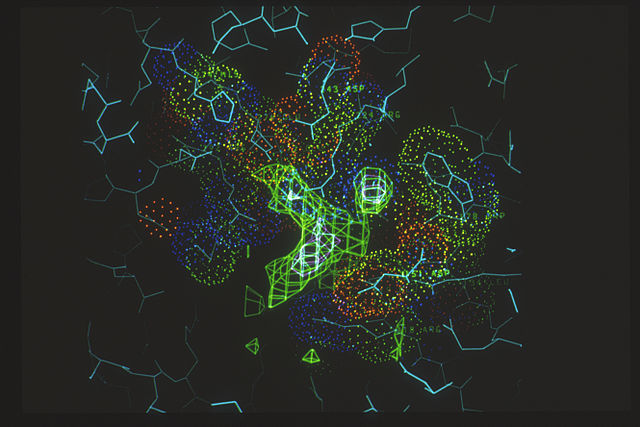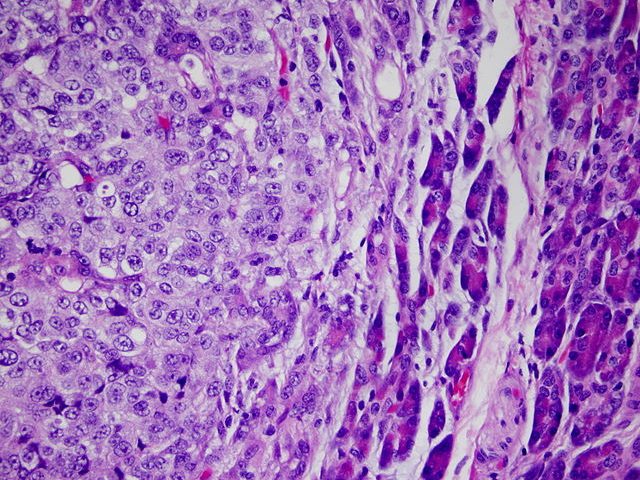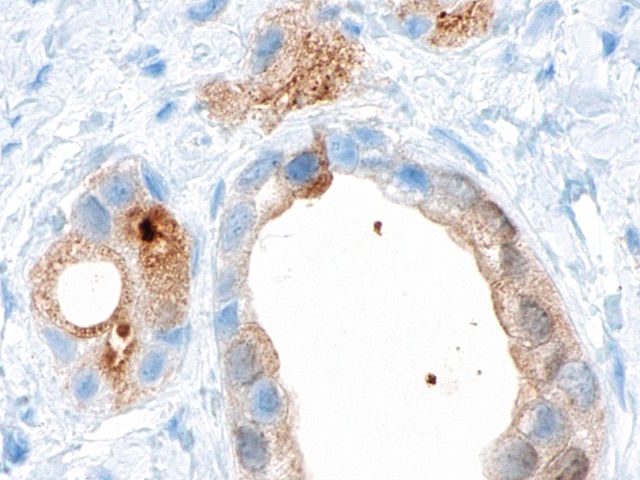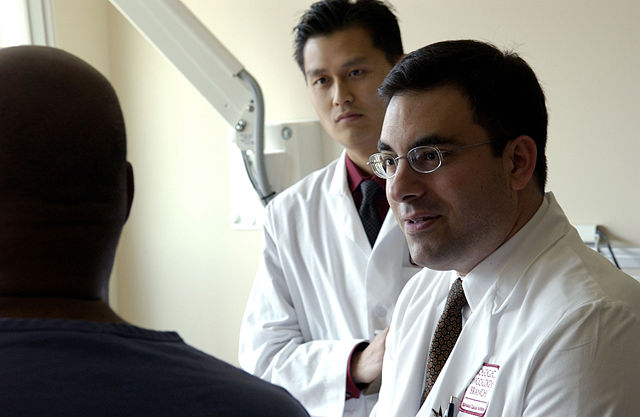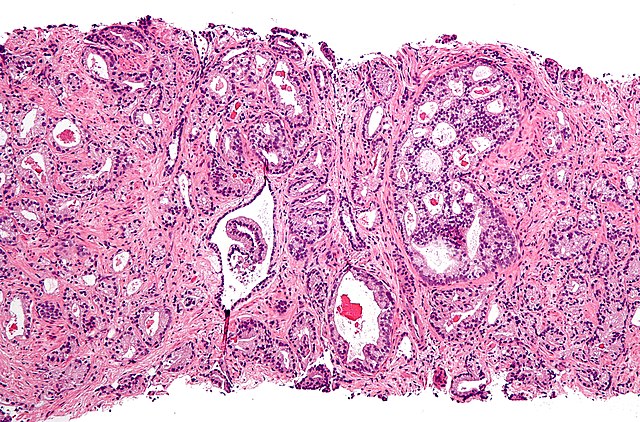Presented by: Julia Carnevale, MD, Assistant Professor, University of California San Francisco
Covered by: Hannah Abrams, MD

“Solid tumors are the next big frontier for cell therapies,” describes Dr. Julia Carnevale, assistant professor at the University of California San Francisco. In her session, Dr. Carnevale walks through the key challenges to making safe and effective CAR T-cells for solid tumors, then describes strategies under development to address each issue.
First, she explains, is the issue of directing CAR T-cells into solid tumors. Strategies in development include CAR T-cells with chemokine receptors or which target tumor-specific stromal markers, CAR T-cells that break down tumor stroma to infiltrate more deeply, blocking T-cell egress, and delivering the cells locoregionally.
The next issue is ensuring that CAR T-cells proliferate and persist. A variety of new strategies are in development, such as altering cell signaling pathways, dual targeting, and direct gene editing to counter CAR T-cell exhaustion.
Once CAR T-cells have entered and proliferated within the solid tumor, they must resist suppression from the tumor and immunosuppressive tumor microenvironment, such as antigen escape and metabolic derangements. Dr. Carnevale describes “armored” CAR T-cells which may secrete cytokines to counter this immunosuppressive microenvironment, or gene-edited CAR T-cells to ignore suppression and withstand tissue hypoxia.
Lastly, in considering these innovations to CAR T-cells, Dr. Carnevale addresses the key concern of safety in solid tumor CAR T-cells. Beyond the broader issues of CRS, ICANS, bone marrow toxicity, and risk of transformation events in CAR T-cells, in solid tumors specifically there is a risk of “on-target, off-tumor” toxicity to nonmalignant tissues. Additionally, as solid tumor CAR T-cells are engineered to withstand fatigue and suppressive signaling, safety mechanisms must also be put into place so that they can be stopped if they are causing damage or undergo malignant transformation.
Despite these challenges, Dr. Carnevale describes a vast landscape of researchers working to overcome each issue and successfully bring CAR T-cells to solid tumor patients— the next frontier for cellular therapy.


